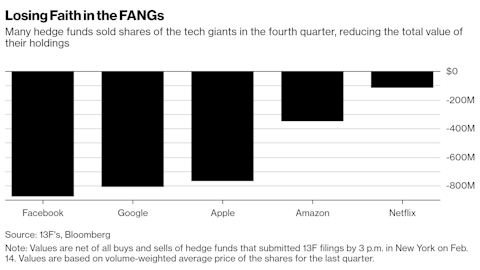Coinbase and Visa Deny Fault in Cryptocurrency Overcharging Disaster with Sly PR Tricks (TheNextWeb.com)
Following a deluge of complaints, Coinbase confirmed it suffered a glitch which resulted in charging numerous users multiple times for the same cryptocurrency purchase – some for up to 50 times the original sum. But while customers deal with negative balances, both companies remain reluctant to own up to this epic blunder. Despite initially admitting the erratic overcharges originated from its own payment processing network, Coinbase swiftly changed the tune, blaming the malfunction on Visa and recent changes to the MCC code implemented by a heap of leading financial institutions. “We’re currently investigating an issue where some customers were charged incorrectly for purchases of digital currency with credit and debit cards,” a Coinbase spokesperson told TNW. “This is related to the recent MCC code change by the card networks and card issuers charging additional fees.”
Hackers Target Jenkins Servers for Cryptocurrency (ITPro.co.uk)
A new cryptocurrency mining hack is targeting continuous deployment technology, tricking it into mining millions of dollars worth of Monero coins. A hacker or hackers have exploited an existing security vulnerability in Jenkins servers – continuous deployment servers written in Java – to download and install a Monero miner called XMRig. This vulnerability in the Jenkins Java deserialisation implementation, CVE-2017-1000353, means malicious content can be implanted into the server without requiring authentication. This has enabled hackers to install mining malware simply by sending two requests to the CLI interface, according to security vendor Check Point’s research team.
New Legislation Offers Legalizing Cryptocurrency Mining in Armenia (ArmRadio.am)
The opposition Yelk bloc proposes legalizing the cryptocurrency mining in Armenia “to avoid monopolization of the sphere.” The draft law on “Development of Digital Technologies” aims to exclude the unnecessary bureaucracy rather than regulate the field, says Mane Tandilyan of the Yelk bloc. Newly proposed legislation offers tax exemptions and other incentives to miners. If adopted, businesses will be able to operate mining facilities without any licensing. This will indirectly legalize cryptocurrency transactions. “We have information that there are plans to rapidly monopolize the sphere in Armenia. There are attempts to bring together individual miners and organizations in one place and ban mining in other venues. We have proposed legislation that would not allow this, as we believe the field can be a source of revenue for Armenia,” Mane Tandilyan told Public Radio of Armenia.
Litecoin Cash Fork on Litecoin Blockchain (Litecoin Cash Price Today/Predictions) (Smartereum.com)
Amidst debate about its legitimacy, Litecoin Cash project performed a hard fork on the Litecoin blockchain on Sunday 18th February 2018. The fork which happened at block 1,371,111 of the Litecoin blockchain created the Litecoin Cash (LCC) which is currently available on few exchanges. What does this latest fork mean for cryptocurrency? First off, Litecoin Cash Foundation is not affiliated to Litecoin. Though the name seems related, Litecoin cash only follows a trend of naming new tokens after their parent blockchain. This is just like Bitcoin Cash and Bitcoin Gold were named after Bitcoin, their parent blockchain. The foundation claims no affiliation to Litecoin, a fact Litecoin founder Charlie Lee further emphasized when he warned users about the fork.
South Korea’s Cryptocurrency Exchanges Made ‘$648 mln’ Taxable Revenue For 2017 (CoinTelegraph.com)
The Upbit exchange generated more than half of South Korea’s $648 mln cryptocurrency exchange revenues in 2017, new government figures claim. According to data released by lawmaker Park Kwang-on and reported by local news media outlet Yonhap News Sunday, total revenues for Korea’s burgeoning exchange sector ballooned 8025% compared to 2016, when it amounted to just $7.5 mln. Exchanges enjoyed a lively and competitive market for most of last year, before the South Korean government began threatening restrictions and even an outright ban on cryptocurrency trading beginning in December.





